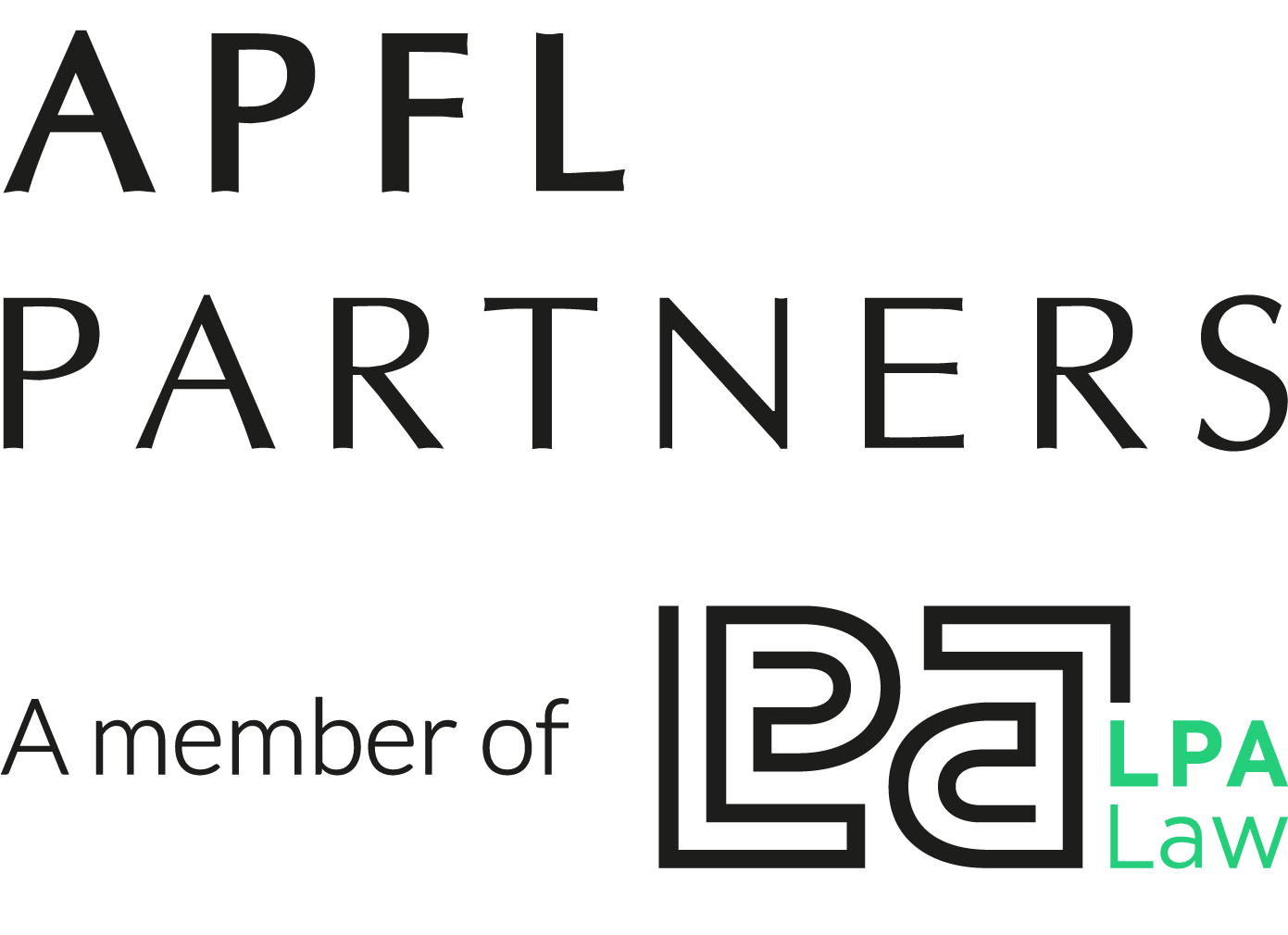Vietnam’s resolution No. 222/2025/QH15: forging legal pathways for Vietnam’s financial future

On June 27, 2025, Vietnam’s National Assembly adopted Resolution No. 222/2025/QH15 (the Resolution), a key legal instrument aimed at establishing International Financial Centres (IFCs) in Ho Chi Minh City and Da Nang. Through this Resolution, Effective from September 1, 2025, Vietnam affirms its commitment to enhancing its competitiveness and integration within the global financial system.
The adoption of this Resolution comes at a moment of heightened geopolitical and economic uncertainty in Southeast Asia. The region, once a beneficiary of shifting supply chains during the U.S.–China trade war, now finds itself exposed to a new wave of protectionist measures under President Donald Trump’s second term. With U.S. tariffs on Vietnamese exports reaching 20%, on average doubling the previous rates, Vietnam’s export-driven economy faces mounting pressure.
In response, the government is shifting toward financial sector liberalization and global capital integration. The establishment of these IFCs is a strategic bid to position Vietnam as a regional financial centre. The bold policy initiatives and legal reforms announcements aims to attract foreign investment, accelerate innovation, and align Vietnam financial infrastructure with global standards.
A new landscape for financial innovation
The Resolution introduces a new legal framework that defines IFCs as geographically designated zones with tailored regulatory, tax, and administrative policies. These zones are intended to receive a broad array of participants, including commercial banks, foreign bank branches, securities firms, insurance companies, fintechs, and non-financial service providers.
One of the key features of the Resolution is its shift from a heavily regulated and constraint system toward a more progressive and innovation-friendly framework. It notably proposes specialized licensing regimes, liberalized foreign exchange controls, and sandbox environments for financial experimentation. Members should notably be authorized to operate under accounting standards and prudential ratios aligned with their parent jurisdictions, a flexibility that mirrors practices in Dubai’s DIFC and Singapore’s SGX.
Membership in the IFCs is open to a broad spectrum of entities
Entities may become members through registration, recognition, or by obtaining a license for establishment and operation, depending on their sector and legal status.
Organizations and enterprises must meet certain standards of financial capacity, reputation, and alignment with the IFC’s development orientation.
Eligible entities include:
- Commercial banks and foreign bank branches;
- Securities firms and insurance enterprises;
- Investment and asset management funds;
- Fintech and digital asset organizations;
- Market infrastructure providers;
- Non-financial service providers such as legal, tax, and consulting firms.
Certain high-profile entities are granted membership without registration:
- Fortune Global 500 firms or their parent companies, excluding those in banking, securities, and insurance sectors
- Top 10 domestic financial institutions by charter capital in each sector, also excluding banking, securities, and insurance
Entities in regulated sectors must follow tailored licensing procedures:
- Foreign and domestic banks must establish a presence in the IFC in the form of OMLLC or foreign bank branch and are subject to licensing by the State Bank of Vietnam;
- Securities firms must operate as limited liability companies with licenses issued by the State Securities Commission, and may only provide services within the IFC and abroad;
- Insurance providers must also be licensed by the Ministry of Finance and operate under similar constraints.
The Executive Body (see below) will manage a centralized Membership Portal and Database, streamlining administrative procedures and enabling data sharing with relevant agencies.
Members enjoy broad operational freedoms, including:
- Capital mobilization from abroad without prior licensing
- Use of international accounting standards (IAS/IFRS or GAAP from select jurisdictions)
- Exemption from foreign debt classification for external borrowings
Foreign investors may own the entire or part of the shares or stakes of the Member, offering flexibility in investment structuring, establishing entities without investment registration certificates, significantly reducing administrative burdens and accelerating market entry, and are exempt from capital contribution registration procedures, simplifying compliance and enhancing operational agility.
However, members must also fulfil certain obligations, including:
- Compliance with Vietnamese laws and international treaties
- Adherence to AML, counter-terrorism financing, and data security standards
- Maintenance of membership criteria throughout their operational lifecycle
Vietnam’s decision to open the IFCS to a wide range of participants, coupled with progressive regulatory updates, reflects its ambition to create a financial environment on par with leading global hubs like DIFC and SGX.
Legal innovations and institutional reform
The Resolution also introduces mechanisms for crowdfunding and private placements, alongside the development of green finance markets and carbon credit trading platforms.
Before Resolution No. 222/2025/QH15, Vietnam had already taken steps toward fintech liberalization through the issuance of Decree No. 94/2025/ND-CP. Promulgated on April 29, 2025, and effective from July 1, 2025, this decree established the country’s first regulatory sandbox for fintech solutions in the banking sector. Administered by the State Bank of Vietnam, the sandbox provides a controlled environment for credit institutions and eligible fintech companies to pilot innovative models such as peer-to-peer lending, open API data sharing, and credit scoring technologies. The initiative aims to balance innovation with consumer protection and systemic stability, offering regulators empirical insights to refine future legislation. Decree 94 marked a pivotal shift in Vietnam’s regulatory posture, laying the groundwork for the more expansive sandbox regimes envisioned under the IFC framework.
Despite its ambitious goals, the Resolution lacks detailed implementation regulation. Key areas, such as licensing procedures, supervisory frameworks, and compliance standards, remain to be defined. In the absence of clear secondary legislation, the effectiveness and success of the proposed IFCs may be significantly undermined.
Governance and oversight
The Resolution does not mandate a standalone financial regulator akin to the DFSA (Dubai) or MAS (Singapore); it outlines a tripartite governance model (in addition to the sectoral regulators), composed of:
- Executive Body: Directly manages and operates all activities within the IFC.
- Supervisory Body: Oversees compliance, conducts inspections, and enforces financial regulations.
- Dispute Settlement Body: Includes both a specialized court (under the Law on Organization of the People’s Courts) and an International Arbitration Centre (under the Commercial Arbitration Law), with jurisdiction over commercial disputes except those involving State authority.
The proposed structure aims to balance operational autonomy with legal accountability. Each governing body is explicitly granted independent authority to exercise its designated powers. In particular, the Executive Body is authorized to issue Operational Rules, provided they remain consistent with the Constitution, international treaties, and globally recognized standards.
Despite their autonomy, both the Executive and Supervisory Bodies are required to coordinate with key government ministries—such as the Ministry of Finance and the State Bank of Vietnam—to ensure coherent and effective policy implementation.
However, the involvement of multiple stakeholders may give rise to interpretive gaps in regulatory enforcement and investor protection. Notably, the International Arbitration Centre is prohibited from adjudicating disputes involving the exercise of state power, which may limit its effectiveness in resolving certain high-stakes investment conflicts.
To ensure the effective implementation and long-term viability of the IFCs, the following enhancements are essential:
- Creating a specialized regulatory body within the IFCs will consolidate oversight functions, streamline governance, and significantly boost investor confidence through transparent and consistent supervision.
- delineating the roles and responsibilities of the Executive and Supervisory Bodies: such delineation is critical to avoiding institutional overlap.
- Accelerating the development and release of secondary legislation is vital to translating the Resolution’s vision into actionable legal frameworks. This will provide stakeholders with the clarity and certainty needed.
A critical harmonization with global financial standards
In addition to the challenges above and despite notable progress, Vietnam’s broader legal and regulatory framework remains only partially aligned with international financial standards, particularly in key areas such as prudential regulation and anti-money laundering (AML) compliance.
This situation presents several structural and operational challenges to the success of the IFCs:
- The absence of fully harmonized prudential standards can lead to fragmented oversight, uneven risk management practices, and limited interoperability with global financial institutions. This may hinder Vietnam’s ability to attract sophisticated investors and integrate seamlessly into international capital markets.
- Vietnam has made progress in strengthening its AML regime, however gaps in enforcement, reporting obligations, and cross-border coordination remains may expose the IFCs and its members to risks and can erode investor confidence, and complicate due diligence for foreign entities seeking to enter or expand in Vietnam.
For Vietnam’s International Financial Centres (IFCs) to succeed, they must operate within a legal environment that meets the expectations of global investors, regulators, and rating agencies. Without full alignment to international norms, the credibility and competitiveness of these centres may be compromised.
On the horizon
To realize the full potential of Resolution 222/2025/QH15, Vietnam must undertake a comprehensive suite of legal reforms. These include:
- Enacting new laws on digital banking, fintech sandboxes, and cross-border financial services.
- Liberalizing foreign exchange controls while maintaining safeguards against illicit flows.
- Establishing specialized courts and arbitration centres whose decisions will be enforced nationally in accordance with international standards.
- Codifying tax incentives and ensuring transparent administration.
- Aligning data protection and cybersecurity laws with global standards.
The Ministry of Finance, in coordination with the State Bank and Ministry of Justice, is expected to lead the codification process. According to the actions plan dated 1st August 2025, the Government plans to promulgate eight decrees in order to build a comprehensive legal framework for the operation of the IFCs. Draft decrees are anticipated by the end of 2025, with stakeholder consultations underway.
Conclusion: a legal blueprint for global integration
Resolution No. 222/2025/QH15 is more than a policy statement, it is viewed as the legal blueprint for Vietnam’s integration into the global financial system.
Its success will depend on the country’s ability to translate vision into law, build institutional capacity, and foster investors trust. By learning from the experiences of DIFC and SGX, Vietnam can chart a path toward financial leadership in Southeast Asia.
Disclaimer: This newsletter and its content are for informational purposes only and do not constitute legal advice. Readers should seek legal or professional advice before taking or refraining from any action.
